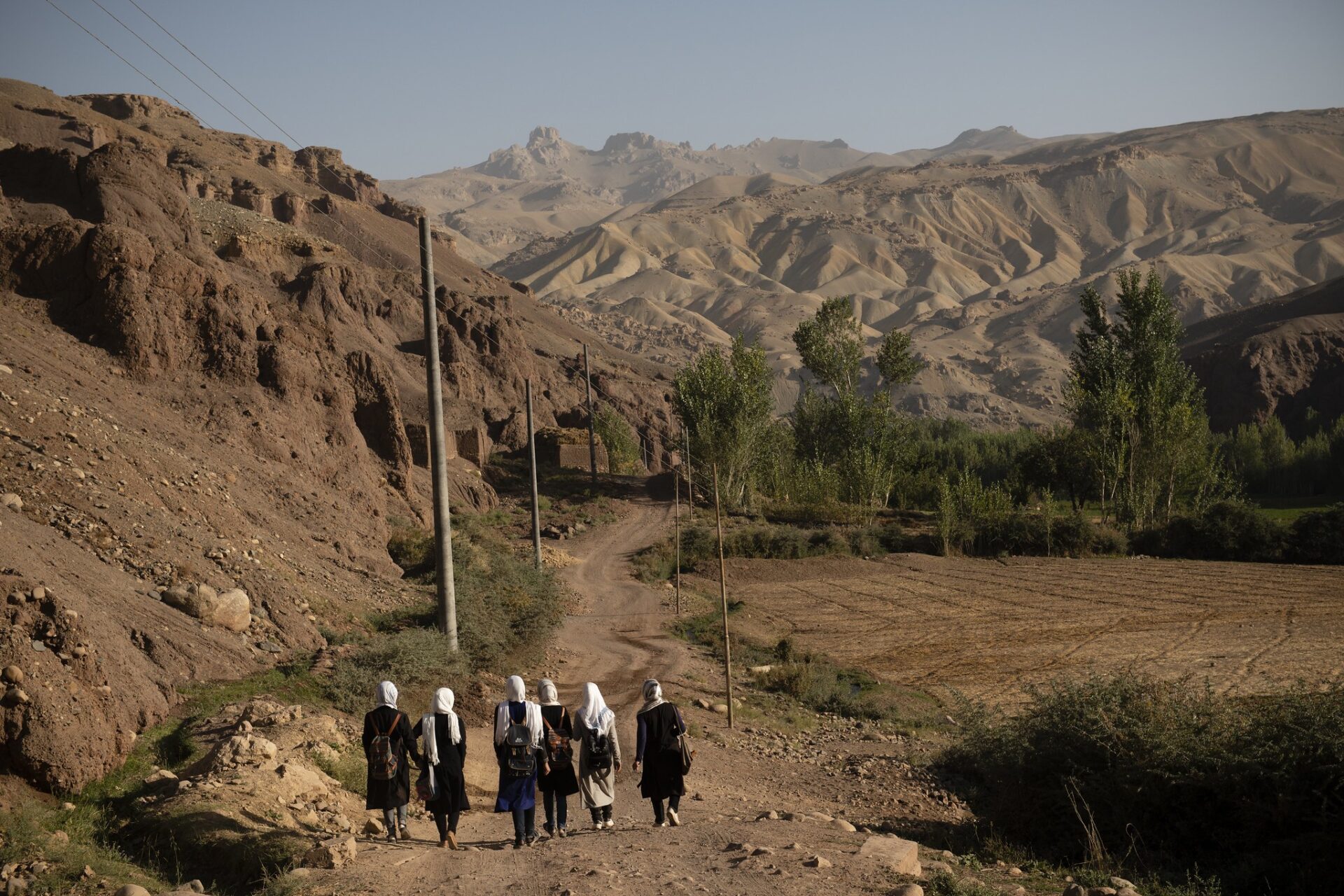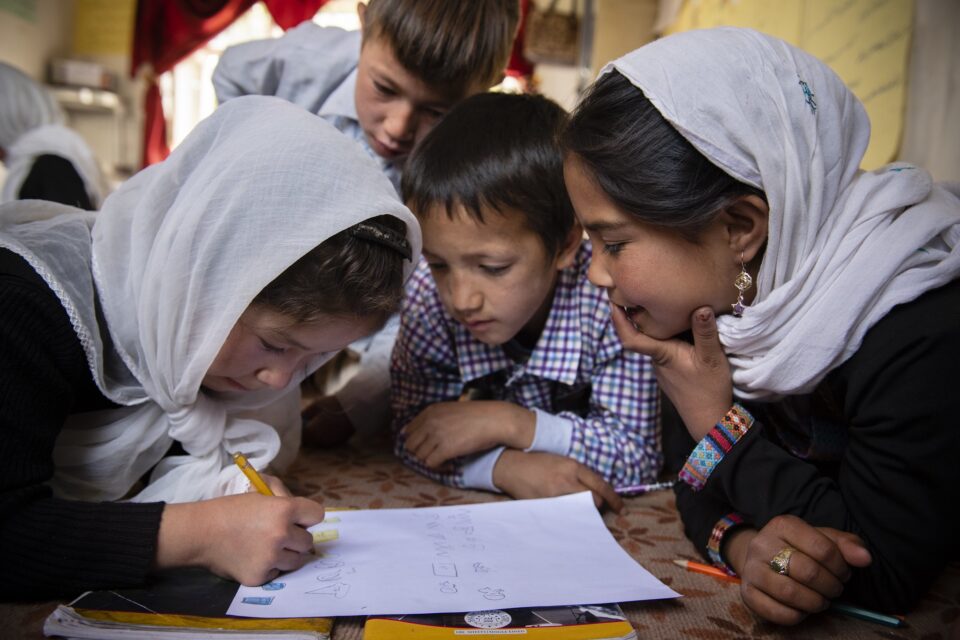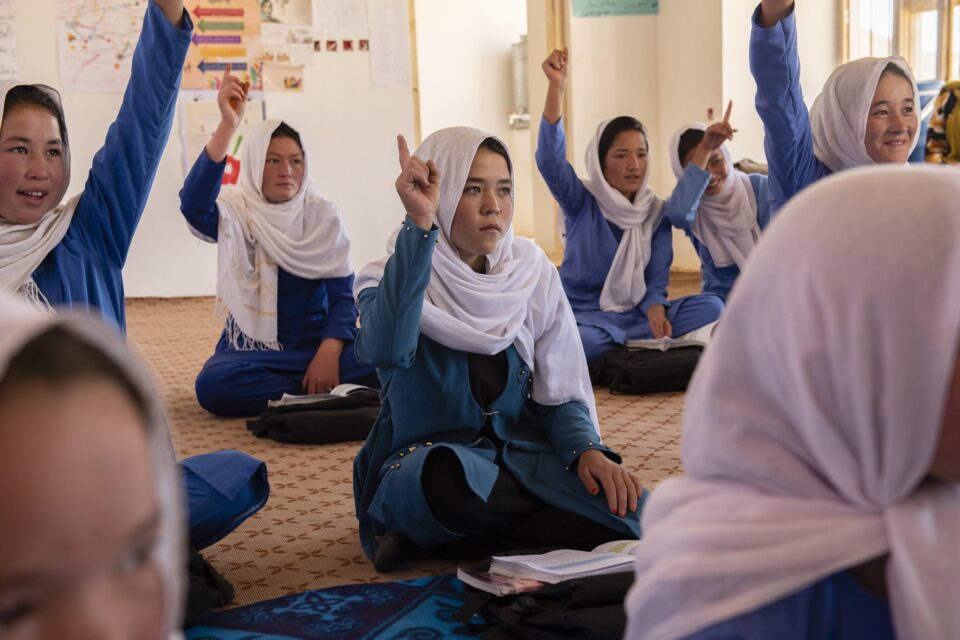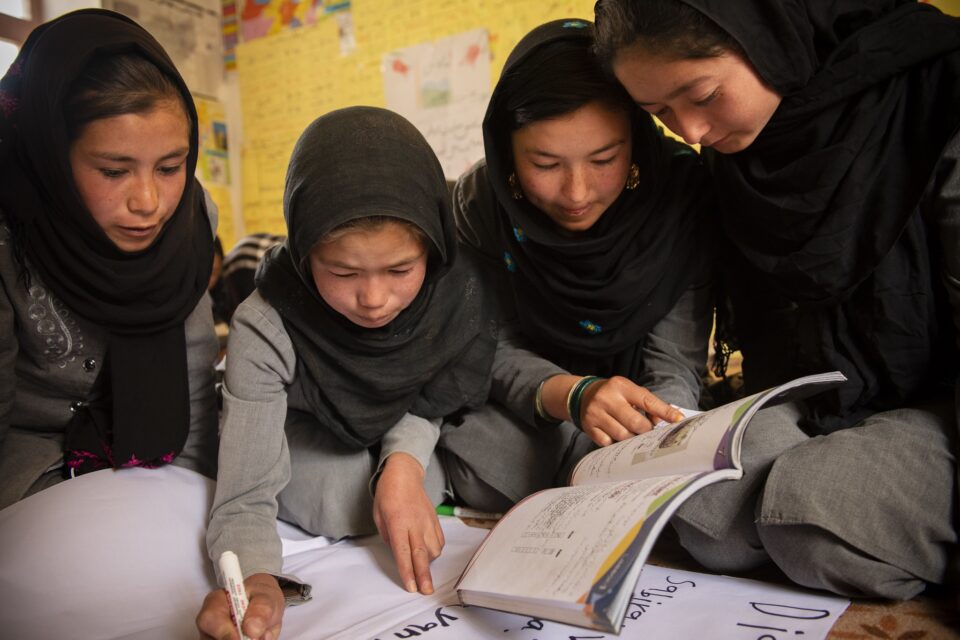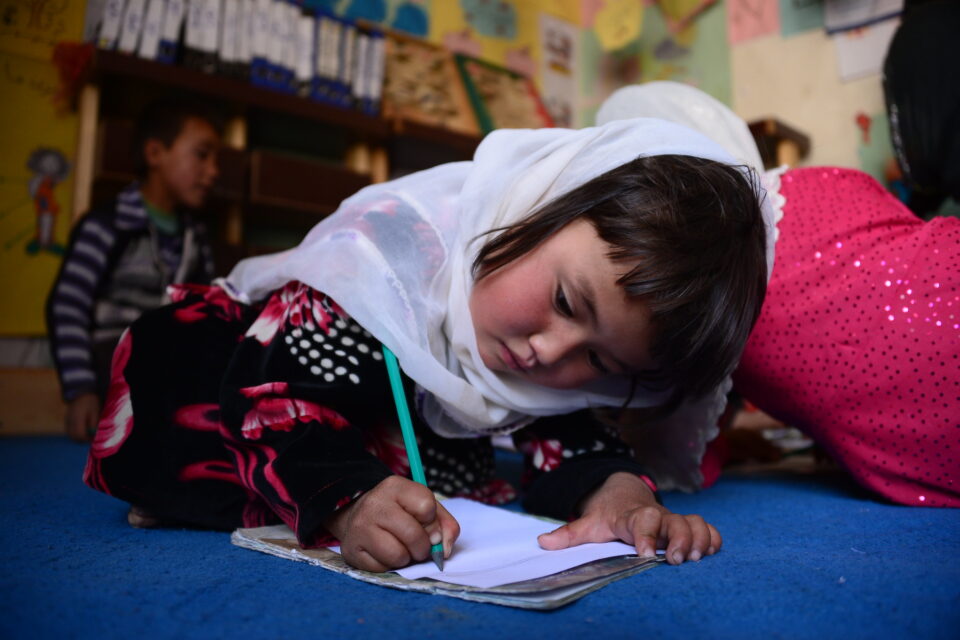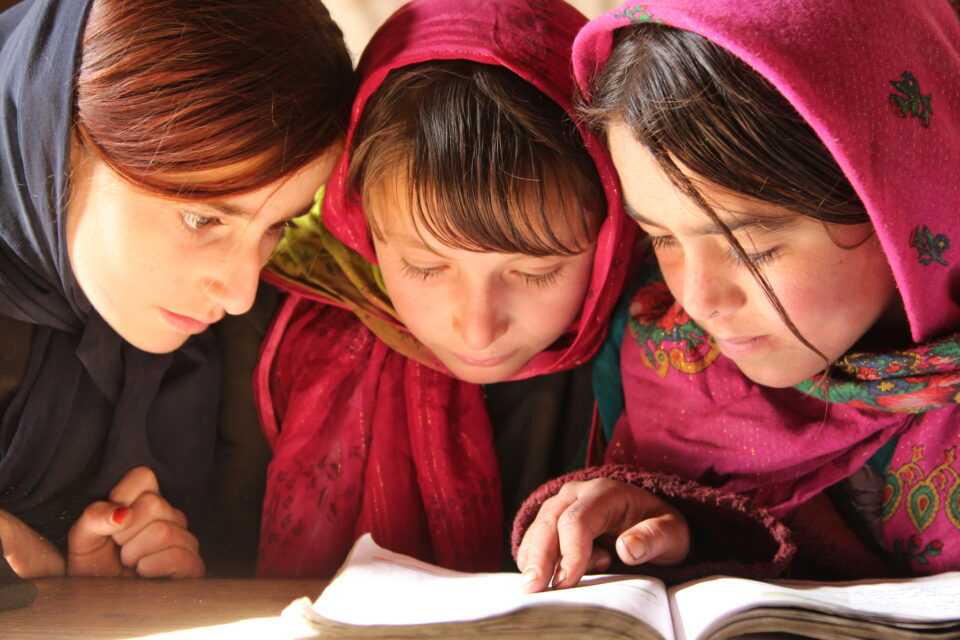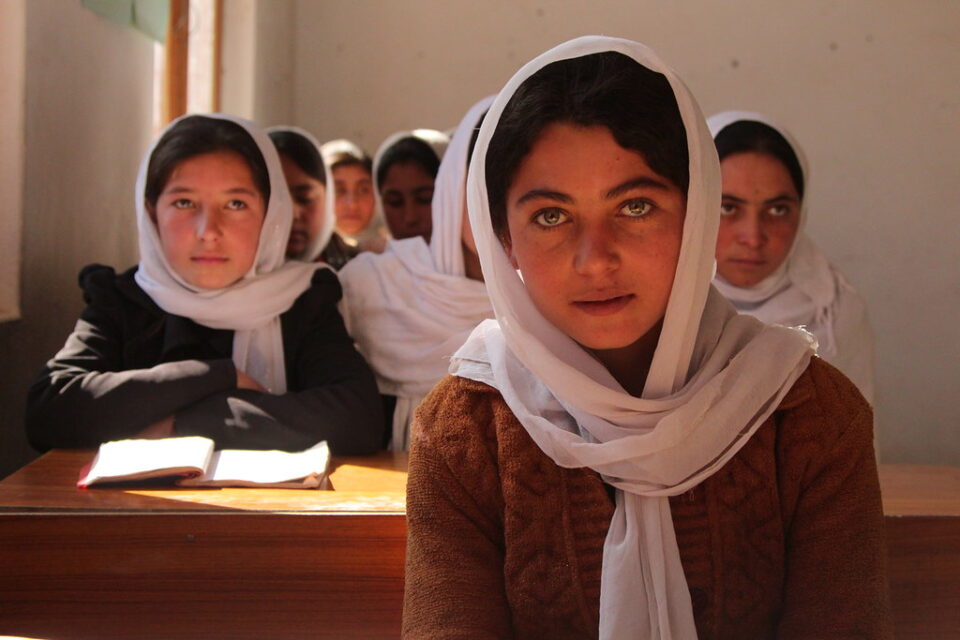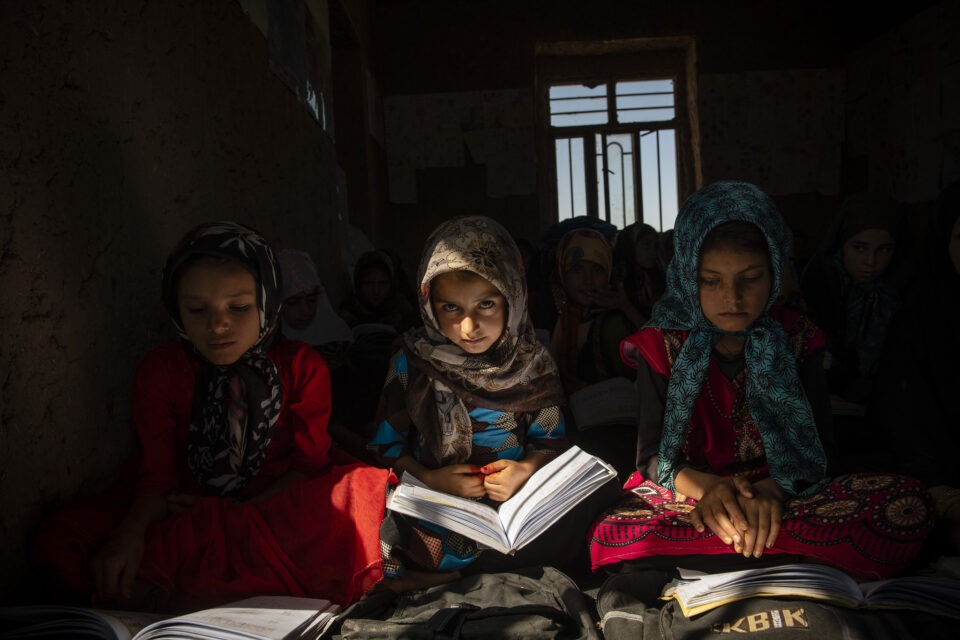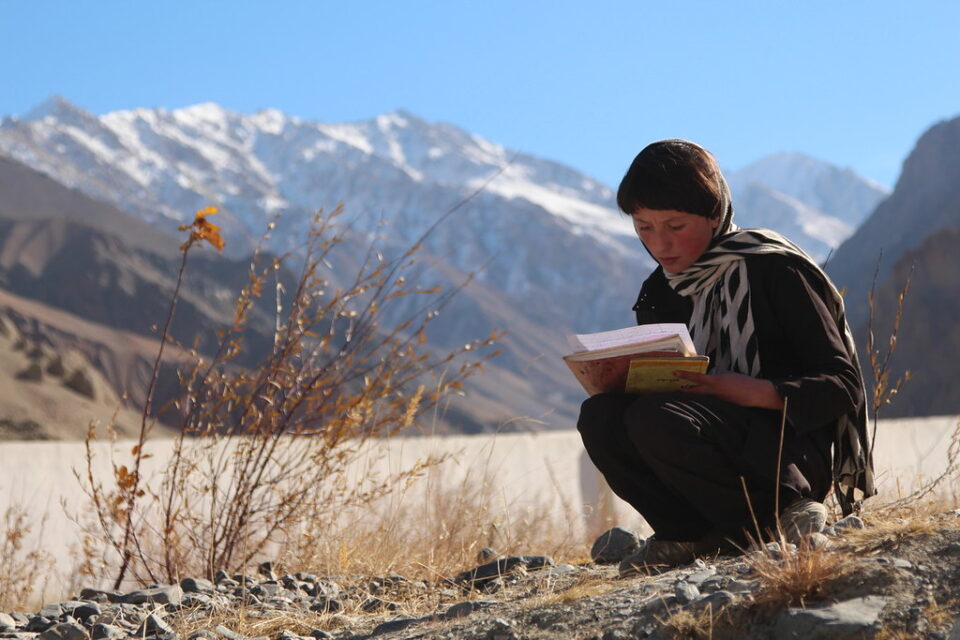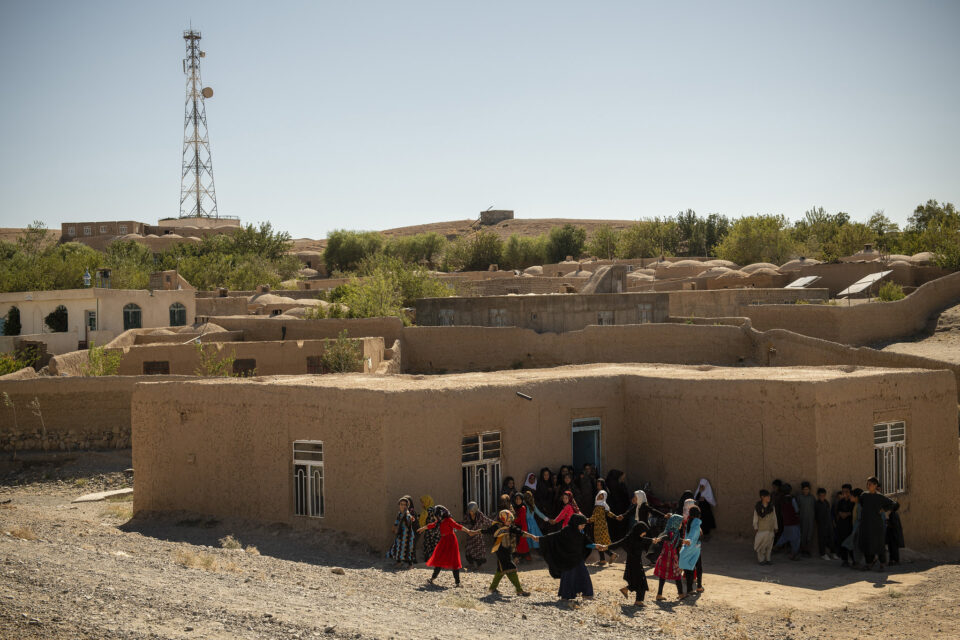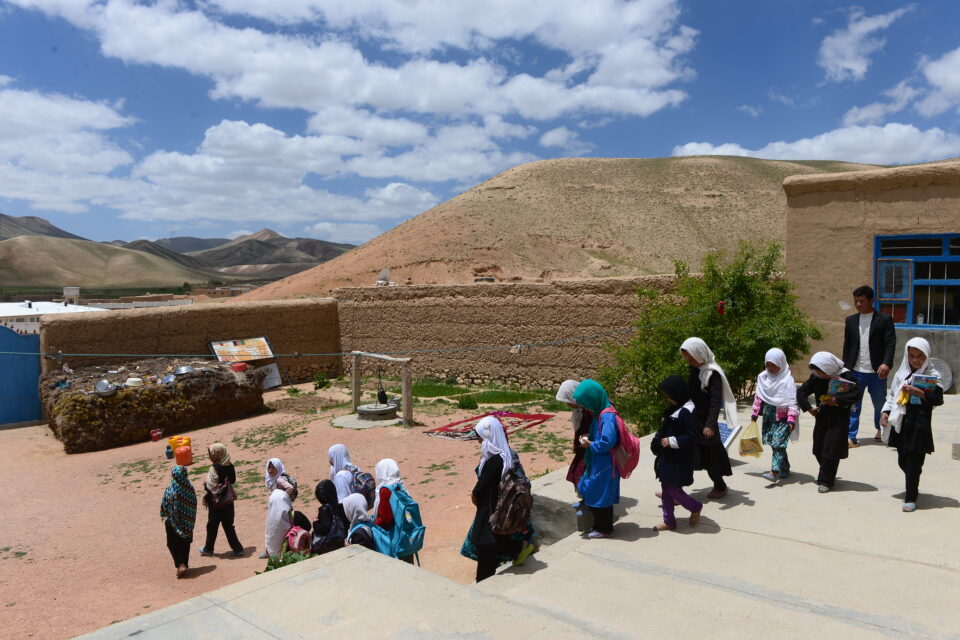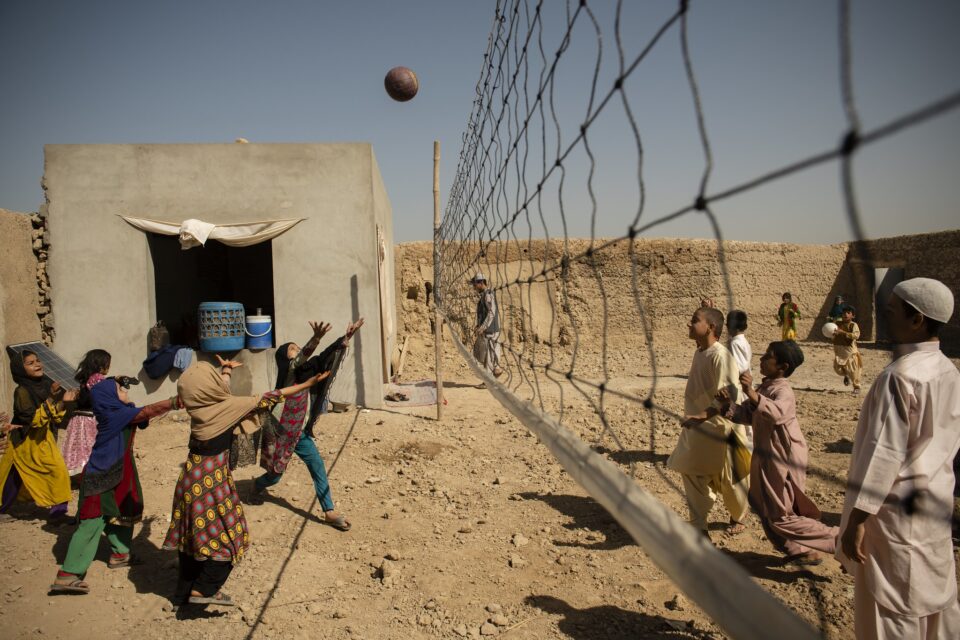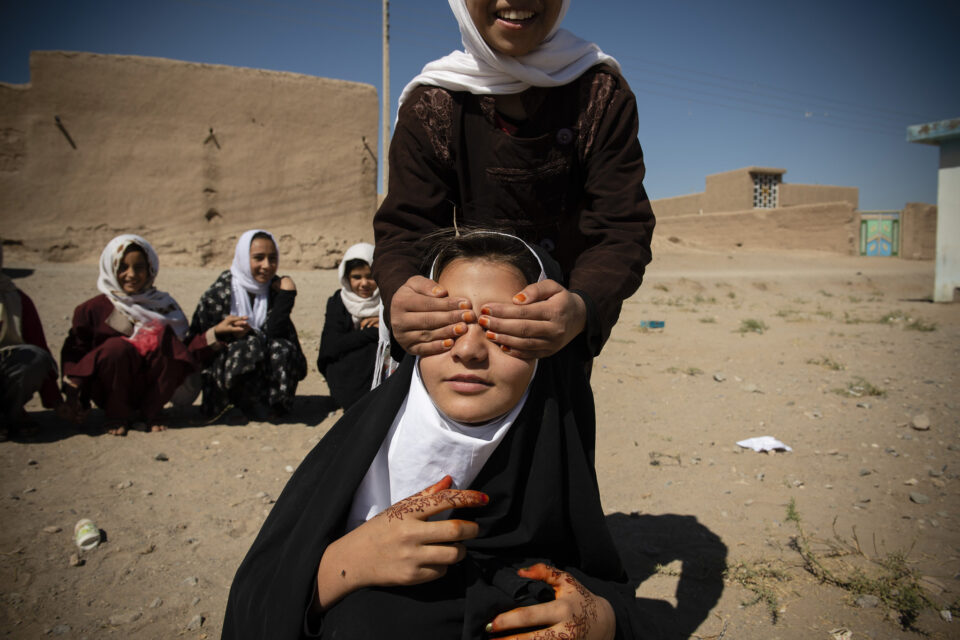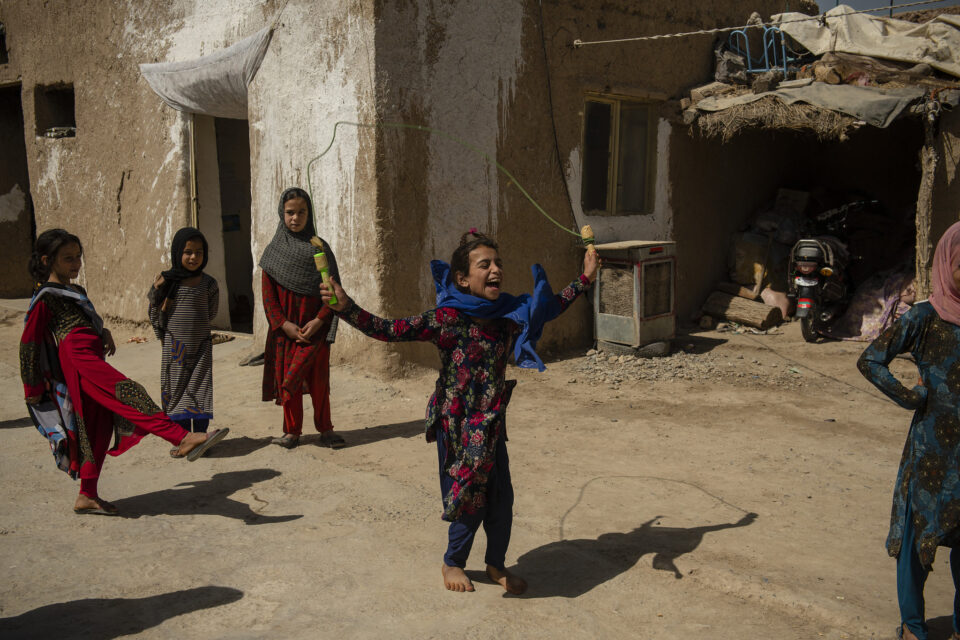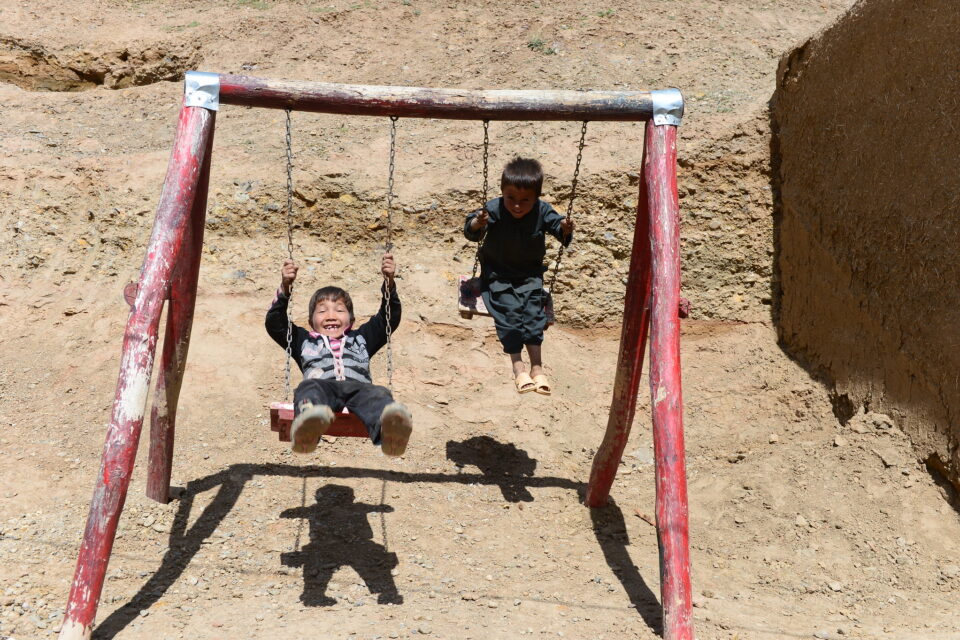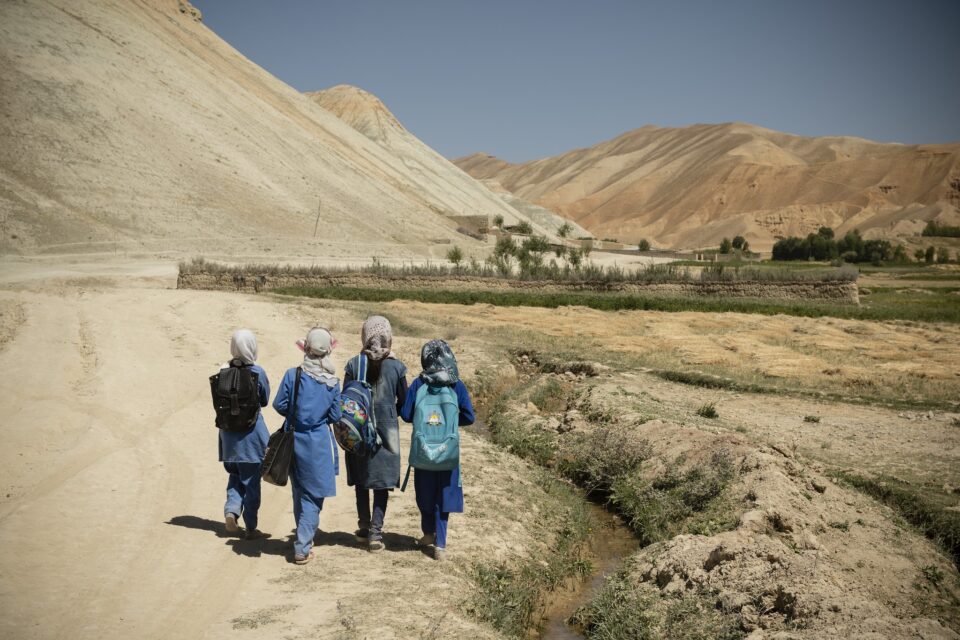There are a number of contributing factors implicated in the poor state of girls’ education and gender inequality in Afghanistan. According to the UNDP’s human development report (2017), Afghanistan ranked 168 out of 189 countries on the gender equality index, with only 11.4% of the female population over 25 with some secondary education.
In 2003, AKF began implementing a range of interventions aimed at strengthening the capacity of the Afghan Government to deliver quality education, and at supporting and promoting educational access and quality learning opportunities for all children, particularly girls.
To date, these activities have reached more than 200,000 pupils (42 percent of them girls) and 6,000 teachers and educators. This represents 56 percent of the total school-age population in the Foundation’s programme areas. It works in 28 districts in the remote provinces of Badakhshan, Bamyan, Baghlan and Parwan.
